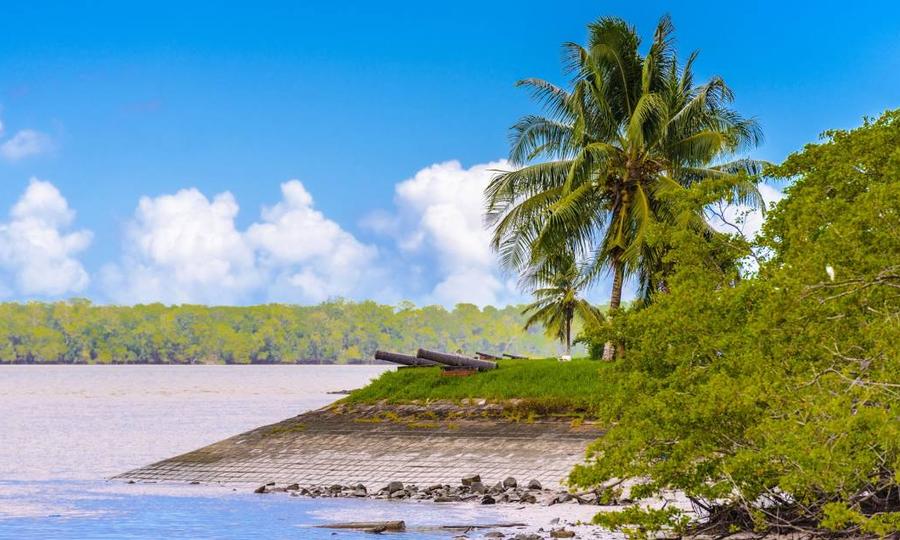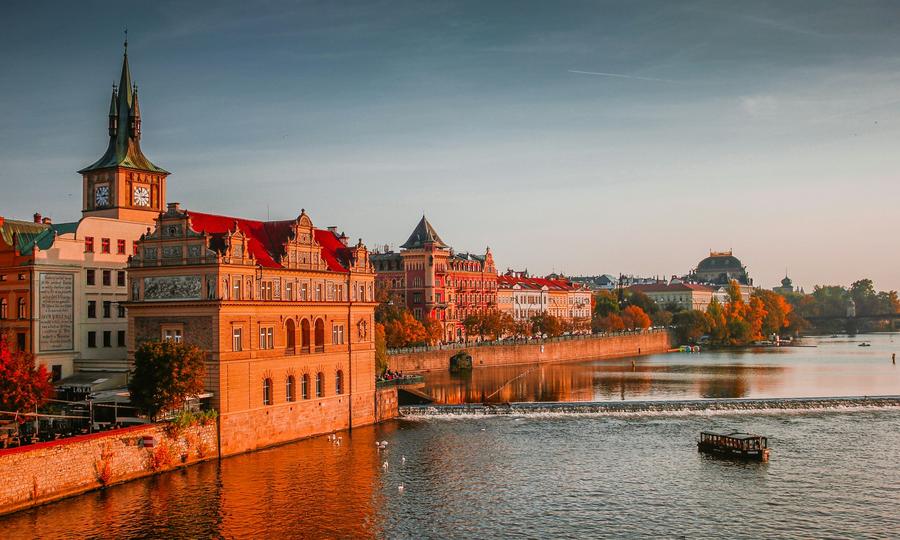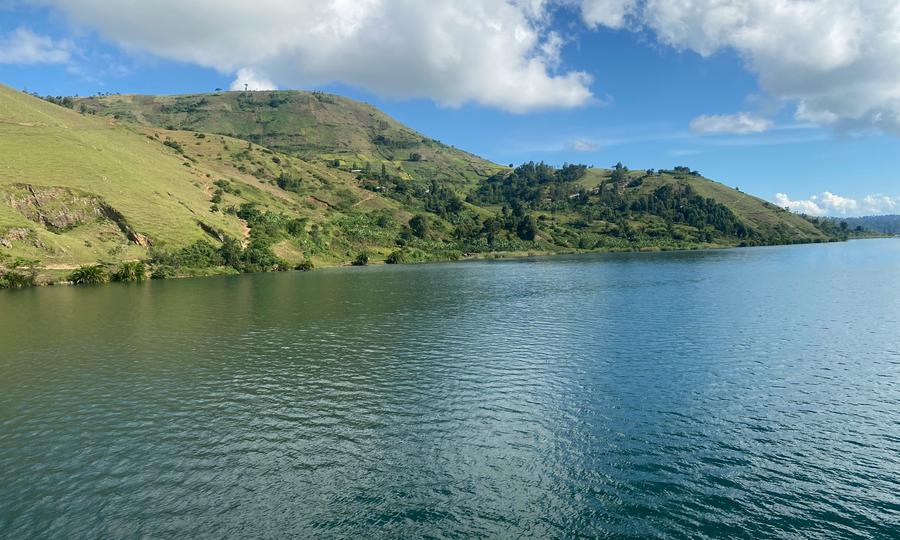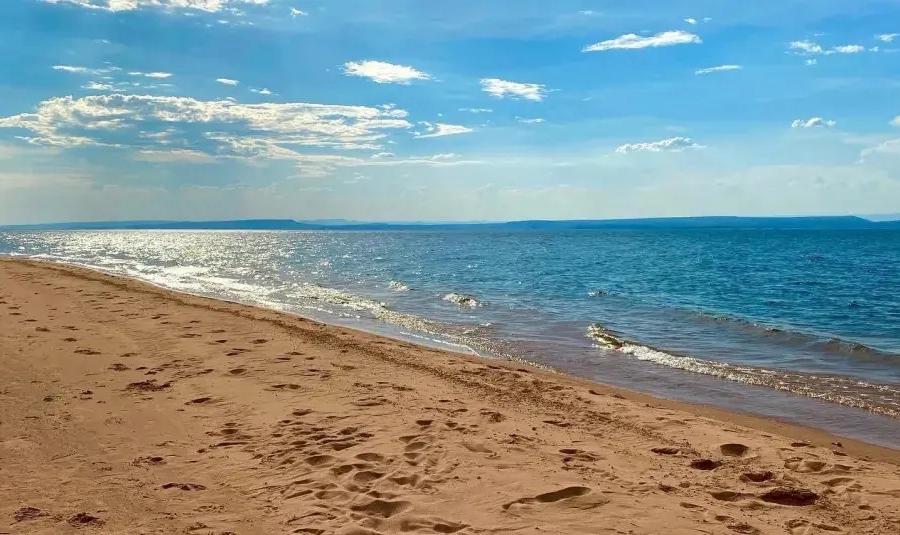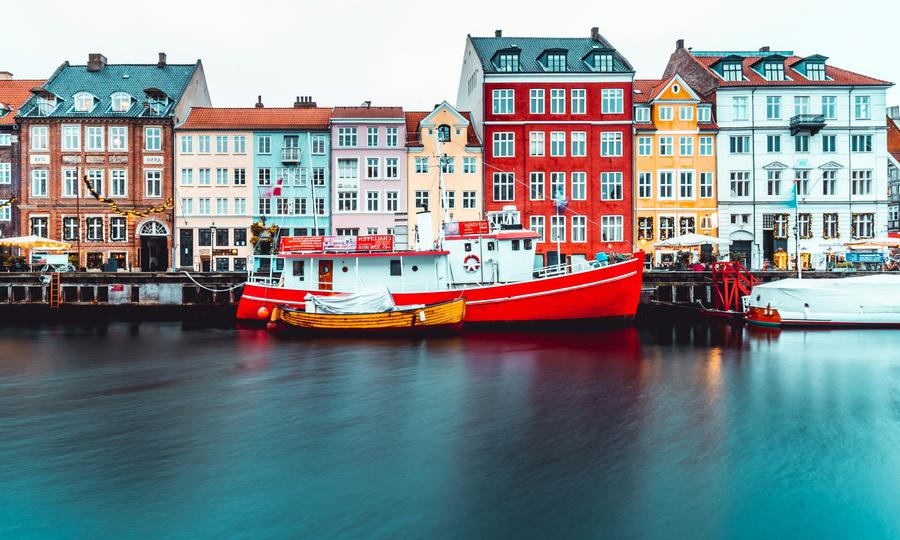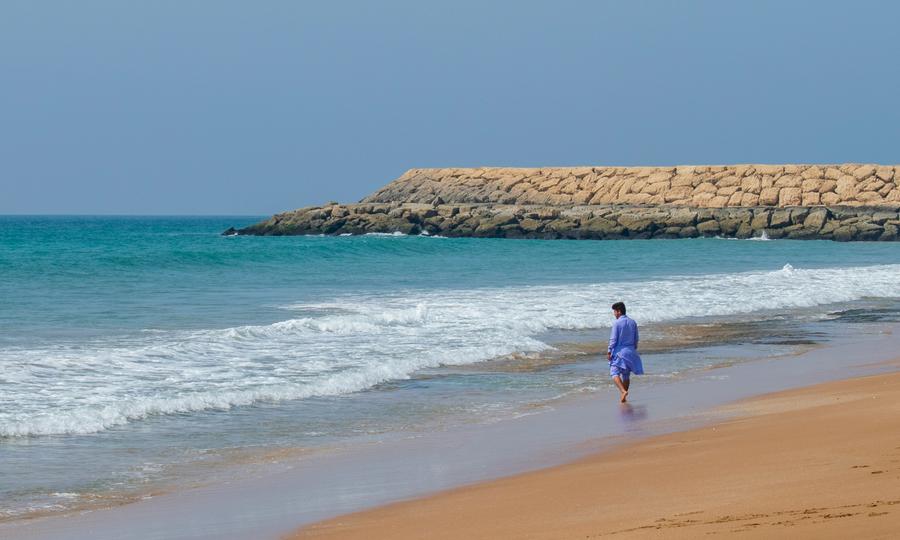Introduction
Suriname, a small nation on the northeastern coast of South America, is known for its rich biodiversity, vibrant culture, and colonial history. For travelers interested in exploring its natural beauty and understanding the local stance on nudism, especially on beaches, this guide provides an overview of Suriname's laws and cultural attitudes towards naturism.
Nudism Laws in Suriname
In Suriname, there are no specific laws that address nudism or naturism directly. However, public nudity, including on beaches, is generally not accepted and can be viewed as offensive under public decency standards. While the legal system is not explicit about nudism, it is important to note that such practices are not customary and are likely to be frowned upon by local communities.
Cultural Nudity in Suriname
Culturally, Suriname is diverse, with influences from indigenous, African, and colonial Dutch traditions. Public displays of nudity are not part of the societal norm in Suriname. The society values modesty, especially in public settings, and nudism or naturism is not widely practiced or accepted.
Travel Advice for Suriname
For travelers visiting Suriname, it is crucial to respect local customs and dress codes. This means avoiding nudism or naturist activities, especially in public areas like beaches. Suriname’s beaches offer beautiful settings for a range of activities that can be enjoyed while dressed modestly and respecting local cultural norms.
Top Beaches in Suriname
While nude beaches are non-existent, Suriname offers some stunning beaches. Notable ones include:
- Galibi Beach: Known for its pristine natural beauty and as a nesting ground for sea turtles.
- Braamspunt Beach: Offers a unique beach experience with its sandy shores and opportunities for wildlife spotting.
- White Beach: A popular man-made beach near Paramaribo that offers a family-friendly environment.
Naturism Activities in Suriname
Considering the cultural and social context, naturist activities are not common or encouraged in Suriname. The focus on beaches and other natural settings is on enjoying the beauty and cultural experiences in a culturally respectful manner.
Conclusion
Suriname, with its rich tapestry of culture and natural beauty, is not a destination for nudism or naturist activities. Respecting the local laws and cultural norms around modesty and public decency is essential for visitors. For those interested in naturist lifestyles, other destinations might be more appropriate. Enjoying Suriname’s landscapes and vibrant culture within the bounds of local customs offers a fulfilling travel experience.

